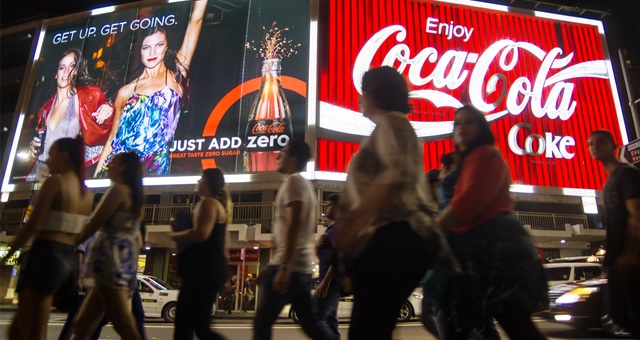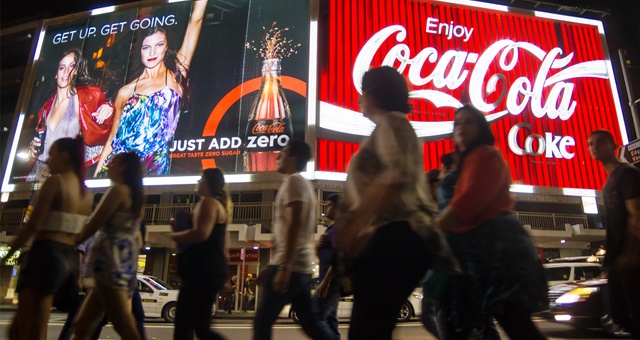
Australia’s two key accommodation industry advocacy bodies have urged New South Wales politicians to reinvigorate Sydney’s nightlife and stimulate the area’s local accommodation sector damaged by the controversial lockout laws in force since 2014.
Speaking before the NSW Government’s Parliamentary Inquiry into the Night-Time Economy (NTE), both the Accommodation Association of Australia (AAoA) and Tourism Accommodation Australia (TAA) backed a suite of proposed initiatives designed to pump energy back into the city’s after-dark economy.
Among the measures backed by both organisations were proposals to improve the diversity of late-night activities to include social and cultural options; 24-hour public transport at least on weekends; increasing visible security; rewarding businesses which operate within regulations and education campaigns for businesses and patrons.
TAA National CEO, Michael Johnson, said there is real concern as to the state’s national and international competitiveness within the accommodation sector since the introduction of the trading restrictions.
“As a state we frequently top the charts in the international and domestic visitor surveys, however, reports from our members suggest our reputation is being damaged by the so-called ‘lockout laws’ and their impact on the night-time economy.
“By implementing strict measures in 2014 Sydney’s reputation as a global city has been compromised – this needs to change,” Johnson added.
AAoA Chief Executive, Dean Long, added: “The Accommodation Association believes a vibrant and safe night-time economy is vital in encouraging increased spend and repeat visitation from visitors to Sydney.”
Both organisations pledged their commitments to working constructively with inquiry members and the wider government on plans to regenerate the night-time economy.
“We have the opportunity, if we all work together, to get it right and set the highest standard for the night-time economy,” Johnson added.
Accommodation contributes around $2.7 billion directly to the state’s economy and employs 27,000 people state-wide, the AAoA said.

